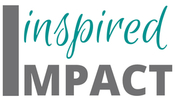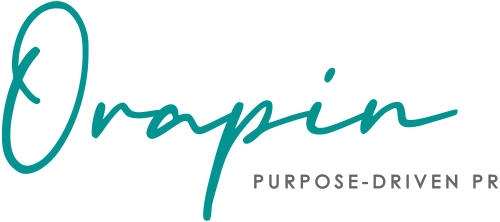 INSPIRED IMPACT is an ongoing blog series that gives voice to purpose-driven organizations and passionate leaders and entrepreneurs who are making an impact in their communities and industries.
INSPIRED IMPACT is an ongoing blog series that gives voice to purpose-driven organizations and passionate leaders and entrepreneurs who are making an impact in their communities and industries.
Julianna Nelson is the Executive Director of Friends of the Haven. Follow them on Facebook and YouTube and learn more at www.havenfriends.org.
WHAT DO YOU DO?
Friends of the Haven (FOH) is a non-profit 501(c)3 organization formed in 2006 by a group of concerned and committed community leaders, with a mission to generate new resources and to advocate on behalf of The Haven and Baby Haven.
WHY DO YOU DO IT?
The Haven and the Baby Haven approach addiction and recovery in a two generation strategy that measurably improves outcomes for both children and their parents. These programs are located within Addiction Research & Treatment Services (ARTS) at Fort Logan, Denver, Colorado. The Haven is a residential substance abuse treatment facility for severely addicted women and is unique in that it is the only treatment facility that accepts community corrections clients who may be pregnant or have infant children with them. Mother and child are in residence together during the entire period of treatment. The Baby Haven Early Childhood Education Center is a childcare center built in 2011 to provide the highest quality of care and educational services to the children of the women receiving treatment at The Haven as well as low income families in the community. Together these programs work to break the cycle of addiction and poverty.
WHAT IMPACT ARE YOU MAKING?
Breaking the cycle of addiction and poverty. Giving hope that there is a solution to the national opioid epidemic in our country.
WHAT (OR WHO) INSPIRES YOU TO MAKE THIS IMPACT?
The demographics of the Haven population is diverse, but all of these women enter treatment impoverished, and unable to function as productive individuals in society. Children enrolled at the Baby Haven are particularly vulnerable because most of the infants have been substance-exposed in utero and therefore, are a highly complicated, special needs population.
WHAT’S YOUR BIG DREAM FOR THE ORGANIZATION AND THE IMPACT YOU WANT TO MAKE?
We envision a world where anyone who wants long-term, sustainable recovery has access to the ongoing care and resources necessary to support that.
WHAT RESOURCES DO YOU NEED TO MAKE THOSE DREAMS COME TRUE?
In the long-term we need a fundamental shift in how we look at substance use treatment. Often 30, or 60-day programs are not enough to sustain long-term recovery. The Haven provides a year of residential treatment as well as a year of outpatient support. Funding this on-going care must become a priority if we are going to address the epidemic we are facing today.
WHAT IS (OR HAS BEEN) YOUR BIGGEST CHALLENGE?
Stigma. There is so much misinformation around substance use disorder and recovery.
- Substance use disorders impose a devastating health and emotional burden on individuals, families, communities, and our nation as a whole.
- An estimated 20.8 million Americans aged 12 or older have an alcohol or other drug use disorder.
- More Americans now die every year from drug overdoses than in motor vehicle crashes.
- 89% of individuals estimated to be in need of treatment for a substance use disorder do NOT receive treatment services.
- Substance use disorder is a chronic brain disorder from which people can and do recover.
- Sometimes terminology used in the discussion of substance use can suggest that problematic use of substances and substance use disorders are the result of a personal failure; that people choose the disorder, or they lack the will power or character to control their substance use.
- Research shows addictive substances can lead to dramatic changes in brain function and reduce a person’s ability to control his or her substance use, and that repeated use of these substances powerfully alters brain chemistry and the function of brain circuitry to create a neurobiological disorder.
- People with substance use disorders are viewed more negatively than people with physical or psychiatric disabilities.
- Shame and concerns about social, economic, and legal consequences of disclosing a substance use disorder may deter help-seeking among those with substance use disorders and their families.
WHAT WORDS OF ADVICE DO YOU HAVE FOR OTHER LEADERS LOOKING TO MAKE AN IMPACT?
There are so many wonderful organizations doing amazing work in the world. My advice is to be authentic to your mission and the work that you do, and the financial support will follow.
HOW CAN OTHERS SUPPORT YOU OR YOUR CAUSE?
Donations, of course! But beyond that, becoming an advocate for recovery in the community. Understanding the stigma associated with substance use disorder and helping to reduce and ultimately eliminate it.
Orapin Marketing + Public Relations serves those who serve others. We help purpose-driven companies and nonprofits tell their stories and get the attention they deserve for the impact they make by creating content and securing press coverage, strategic partnerships, and thought leadership opportunities. If you would like to be featured on INSPIRED IMPACT, reach out at hello@orapinmarketing.com.

